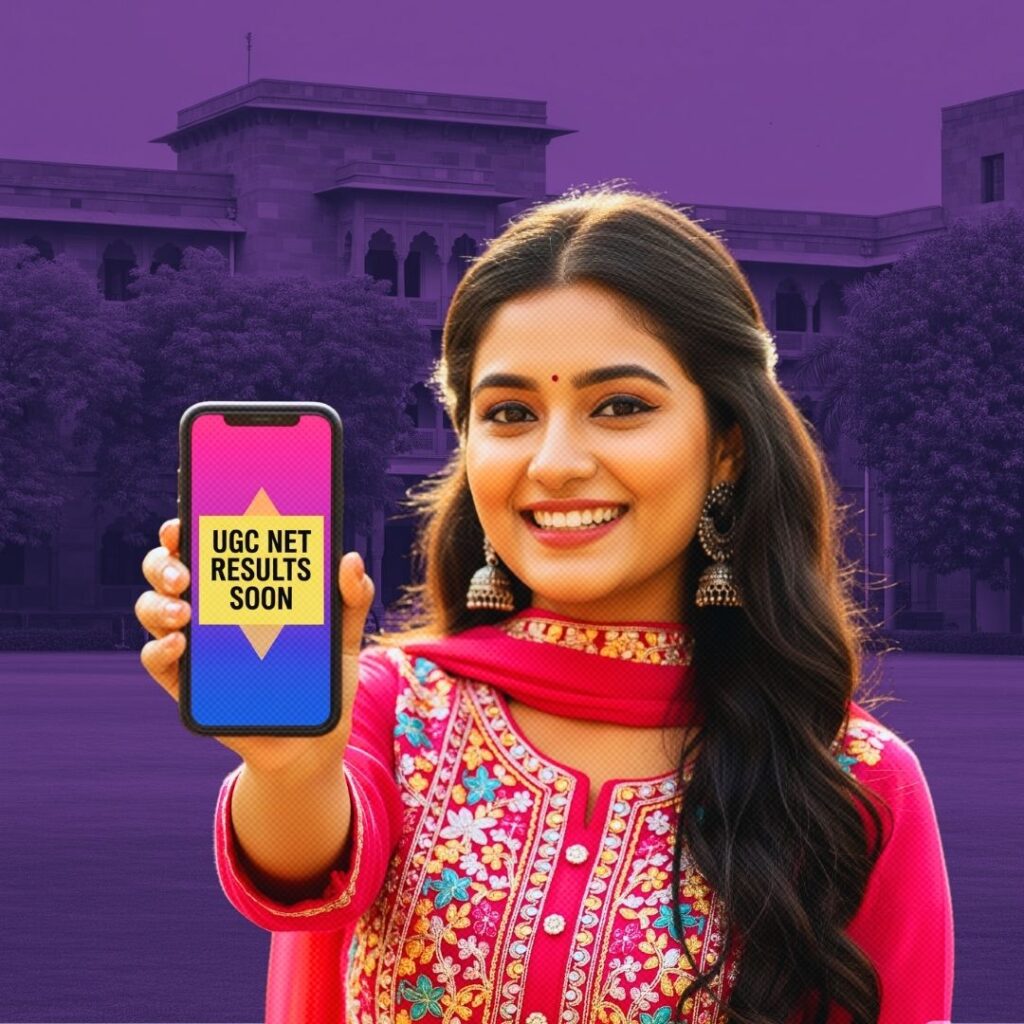On May 31, Patanjali Communications’ “Kimbho” messaging app was taken down within 24 hours of its launch. The self-styled ‘swadeshi’ app was launched into both Android and Apple app stores with an intent to take on Facebook-owned Whatsapp. However, users and a security expert with the twitter name “Elliot Alderson” pointed out various security flaws in this allegedly foreign app.
As reported by the Economic Times, Patanjali’s SK Tijarawala said, “We were only testing it for learnings and over 1.5 lakh people downloaded it. Our app is no longer available and Patanjali cannot take responsibility of various duplicate apps doing the rounds. Our app will come back again soon after we are absolutely sure of all technical issues, and we will beat WhatsApp. We will never sell private consumer data.”
This seems to be the official version, but the furore seen over Twitter paints a different picture.
Kimbho, which means “What’s up” in Sanskrit, seems a ripped version of an app called ‘Bolo’ which was made in America in 2016. It looks as if the only ‘new’ thing incorporated in the app is the feature to follow updates from Conglomerate Ramdev and Acharya Balkrishna, who runs Patanjali, one of the biggest FMCG groups in India.
So @yogrishiramdev whitelabled Bolo Messenger app (startup based in Fremont, CA, USA) and now marketing it is as a Swadeshi Product 😂😂 pic.twitter.com/zzJbe2imtv
— Kapil (@kapsology) May 31, 2018
It is build on an app called "BOLO". Kimbho team is so dumb that they didnt even changed the OTP SMS format!! Even the description n pics used are same as Bolo app! 😂 https://t.co/QKGjYC1y2J pic.twitter.com/40yRxZKbLX
— Abhisshek Singh (@ThakurrSaab) May 31, 2018
Patanjali’s much-touted claims of ensuring data security were also questioned by the French security expert, who tweets using the pseudonym “Elliot Alderson.” He demonstrated how the chat messages can be read by anyone, and even the authentication system is flawed. The back links provided by the Kimbho app and the Kimbho.com website seem to be either non-functional or pointing back back to ‘Bolo chat.’
Ok, I will stop here. The #Kimbho #android #app is a security disaster. I can access the messages of all the users…🤦♂️
— Baptiste Robert (@fs0c131y) May 30, 2018
Hi @KimbhoApp before trying to compete #WhatsApp, you can try to secure your app. It’s possible to choose a security code between 0001 and 9999 and send it to the number of your choice #kimbhoApp pic.twitter.com/YQqK8lfIeI
— Elliot Alderson (@fs0c131y) May 30, 2018
Soon, many people started expressing their views on social media.
BREAKING: After Sim, Baba Ramdev’s #Patanjali Launches Messaging App #Kimbho To Compete With #WhatsApp.
Irony Is They Are Using #Pakistan Actress Mawra Hocane’s Pic On Playstore And Tagline As ‘Ab Bolega Bharat’. ������ #PatanjaliSIM pic.twitter.com/fXIbGI2LOM
— Sir Jadeja fan (@SirJadejaaaa) May 30, 2018
The irony here, Baba Ramdev’s app #Kimbho features callers from outside India, showing kids playing football with location shared of Fremont, CA. Also, the mobile carrier is AT&T ���� pic.twitter.com/9STANgERfe
— Akshay (@TheWrenchMate) May 30, 2018
In an article by Alt News, they trace the founders of ‘Appdios Inc’, the entity behind the Kimbho app as seen on Apple App Store. On LinkedIn, the founders of Appdios are listed as Sumit Kumar and Aditi Kamal, and the company itself is registered in Fremont, California. Sumit Kumar’s LinkedIn profile states that he is the founder of Bolo chat app.
Aditi Kamal, a 32-year-old ex-Google employee, is behind Kimbho app, as reported by the The Print. The report further suggests that the app will officially launch on June 21, the International Day of Yoga.
We got 2+ lakhs downloads within 6 hours of app beta launch. Not many apps have got this overwhelming response. Our servers were not expecting this much traffic. We have paused our services and will be back very soon with formal app launch. Please be with us #Kimbho pic.twitter.com/NBDwBt8dwF
— Aditi Kamal (@KamalAditi) May 31, 2018
The Logical Indian Take
An American business magazine ranked Baba Ramdev as the 27th “Most Creative Business People of 2016” while Acharya Balakrishnan was ranked as the 48th richest person in India by Forbes. After building a yoga empire, Patanjali has spread its legs in FMCG market, and is now introducing sim cards and messaging apps.
The company’s spiralling success is largely based on the ‘swadeshi’ branding/advertising on its products and services. No wonder, so many people are commenting on the alleged foreign origins of Patanjali’s messenger app. Some have also alleged that most of Patanjali’s FMCG products are mere re-branded versions of products already available in the market.
Allegations aside, data security and privacy is an important issue, especially in India, where the internet boom has not coincided with the awareness and dissemination of security knowledge. Influential people should be really careful before claiming an app is secure or any such claims because many people take their words at face value.
Not too long ago, Elliot Anderson also revealed that PM Modi’s NaMo App was invo…











